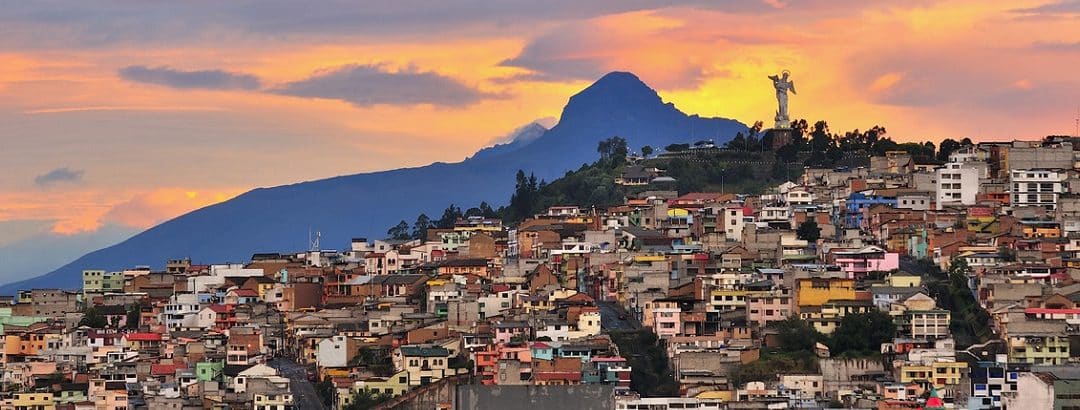Julia Maria Gomez de Avila Segade | 14/10/2025
The European Union is firmly committed to achieving climate neutrality by 2050, and all member states are engaged in the transition toward a greener, more sustainable economy. Although the goal is shared, the challenges faced by each country are highly diverse.
This shared challenge, part of the European Green Deal, could disproportionately affect certain groups or regions that depend, in one way or another, on fossil fuels or on industries linked to them. As highlighted in the report Just Sustainability Transitions: From Concept to Practice by the
European Environment Agency (EEA), an independent EU body, the key lies in integrating fairness into every phase of the ecological transformation.
Sustainability and social justice
The European Union’s environmental policies have adopted a social justice approach to ensure progress is inclusive and leaves no one behind. This concept is addressed from three perspectives:
– Distributive justice: Allocation of costs and benefits.
– Procedural justice: Collective participation in decision-making.
– Recognition justice: Consideration of cultures, social realities, and diverse ways of life.
This multilateral approach seeks to ensure that environmental progress does not come at the cost of new inequalities or greater social exclusion.
To establish a framework that ensures compliance, the EU has put in place initiatives that not only target greenhouse gas reductions, but also work to mitigate the social and economic impacts of green policies on vulnerable groups, placing equity and territorial cohesion at the heart of decision-making. Some of the most significant include:
– Just Transition Mechanism. A support tool for regions, sectors, and workers dependent on high-carbon activities (such as coal mining), helping them adapt to a greener and more sustainable economic model. Approximately 55 billion euros have been mobilized for the 2021–2027 period. Each country must define which regions will receive support, their challenges and objectives up to 2030, and how funds will be managed. This is done through territorial plans approved by the European Commission.
– Social Climate Fund. An instrument designed to ensure a fair energy transition, especially for those most affected by energy or mobility poverty. Its goal is to help households and small businesses adapt to the shift toward a cleaner economy. Particular support will be given to islands, mountain regions, and remote areas, and beneficiary countries will be required to uphold fundamental rights and the rule of law. The fund has an estimated budget of 86.7 billion euros and will become operational in 2026.
– Modernisation Fund. EU program that supports the thirteen lowest-income Member States on their path toward the transition (GDP per capita below 65%of the EU average). Its objective is to modernize energy systems, improve efficiency, and promote a fair transition in carbon-dependent regions. The fund not only fosters investment in clean energy, but also in measures that strengthen the social and labor fabric of communities most exposed to structural change.
Fair adaptation and collective resilience
As we have seen in recent years, climate change hits vulnerable groups the hardest—groups that also have fewer resources to cope with it. To protect them, the European Environment Agency (EEA) highlighted in its report Towards Just Resilience the importance of adaptation measures that are both effective and equitable for all social groups, including young people, the elderly, low-income households, ethnic minorities, migrants, and those with health conditions. These groups often live in geographic areas that are more exposed to extreme natural events such as heatwaves or floods.
The first European Climate Risk Assessment (EUCRA), published in 2024, underscores this social gap and warns of the need to factor social justice into every phase of climate adaptation—from risk assessment to policy planning. To support member states in this process, the European Commission issued specific guidelines in 2023 to embed just resilience as a transversal principle in national strategies.
Policy as a safeguard of social rights
For the climate transition to truly achieve its ambition of being fair and inclusive, the EU has developed policies aimed at protecting the most vulnerable. One of the pillars of this strategic framework is the European Pillar of Social Rights, which sets out twenty fundamental principles designed to ensure equal employment opportunities, decent working conditions, and adequate social protection. This framework serves as a roadmap for member states, guiding them in building fairer economic systems that align with the profound ecological and digital changes currently underway.
At the same time, the EU has complementary financial instruments that reinforce the green transition. Among them, the Social Climate Fund helps counter rising energy costs, the Clean Industrial Deal promotes industrial decarbonization without leaving workers and companies behind, and NextGenerationEU provides recovery and resilience mechanisms to implement national plans with a focus on cohesion and fairness.
With this collective vision, the EU seeks to address the specific challenges faced by the regions, sectors, and groups most exposed to the impacts of ecological transformation. Ultimately, the success of this transition will not depend solely on the economic resources available. It will rest on a shared commitment to collaboration, empathy, and European cohesion.





